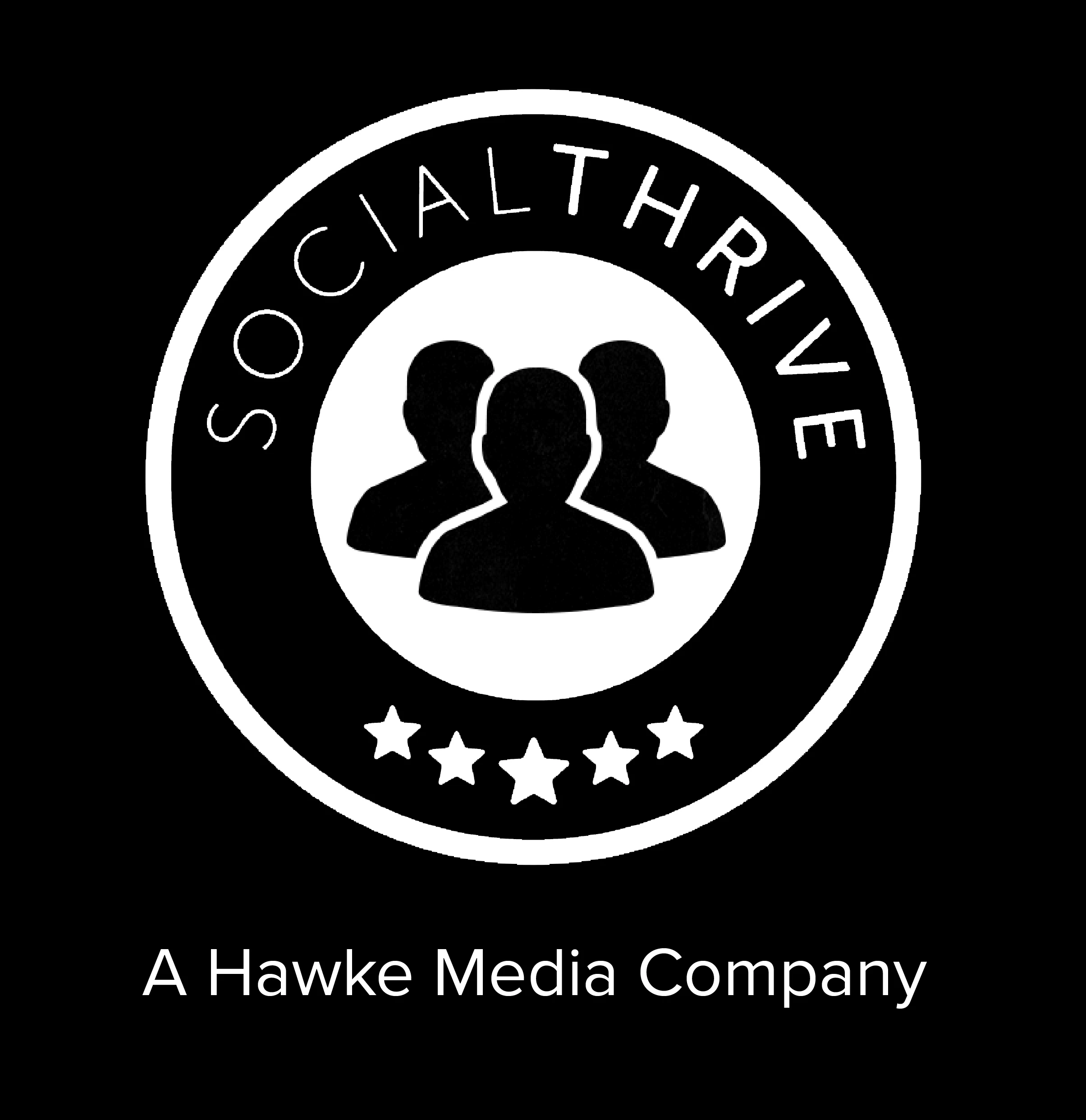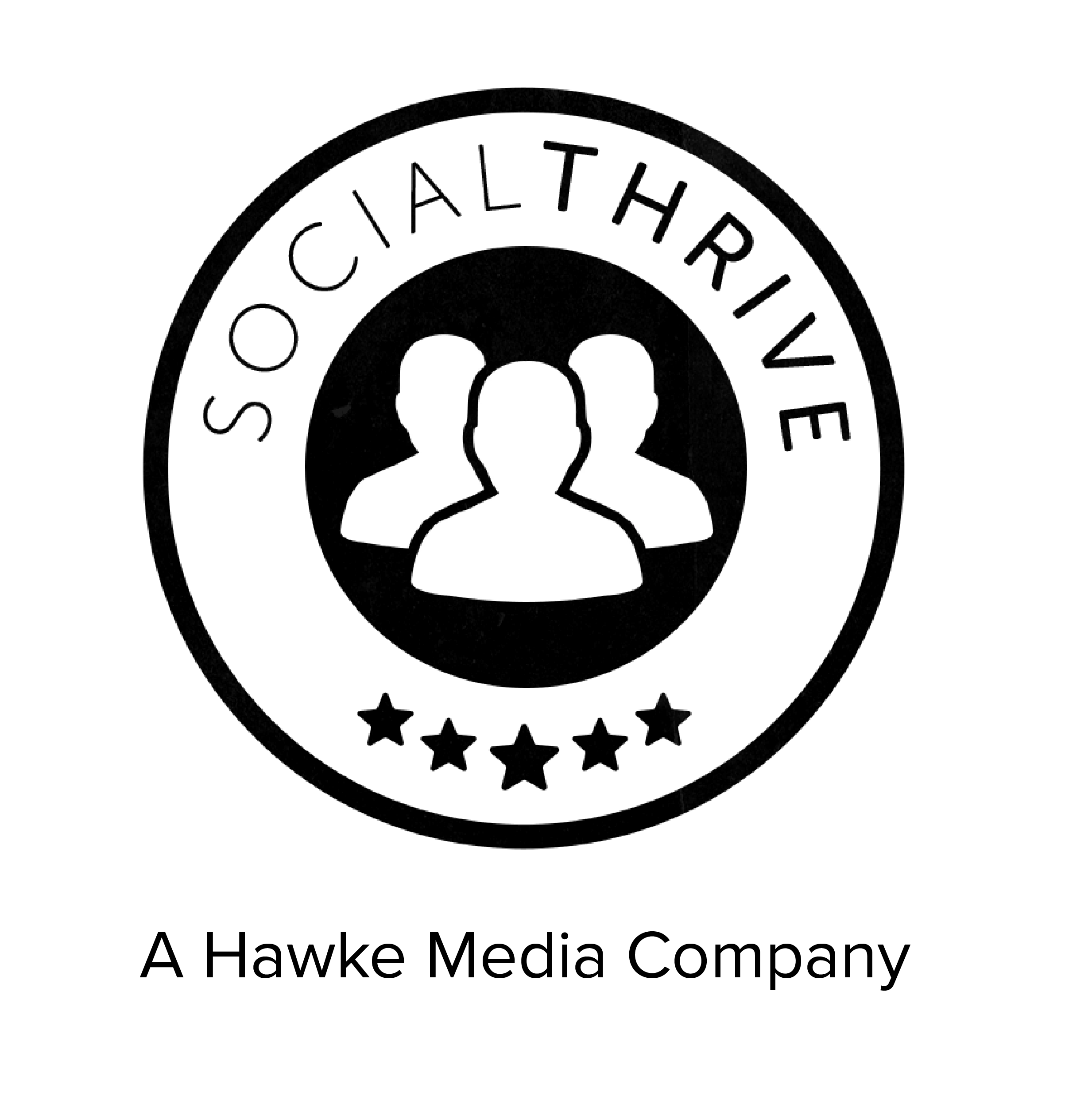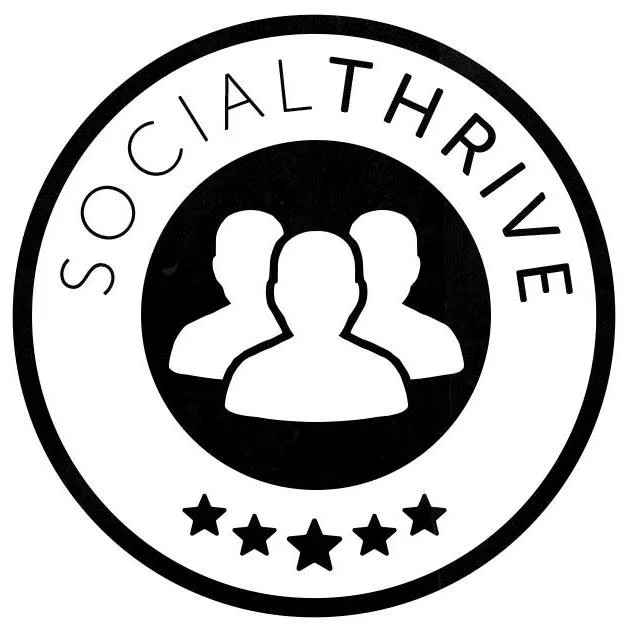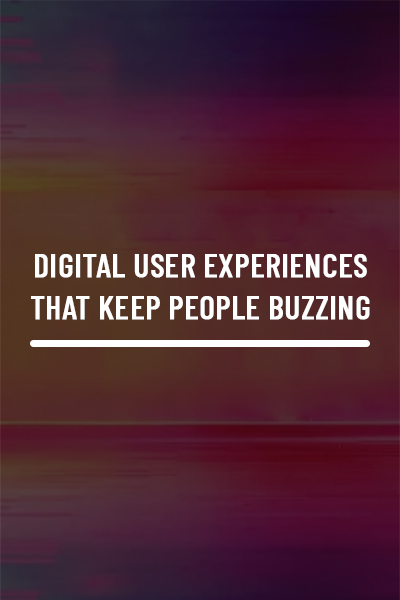
What Is Web 3.0 And How Will It Shape Digital Marketing?
Web 3.0, or the World Wide Web, is the third generation of web technologies that set the foundation of how the internet is used, as it continues to provide application and website services. Even though there is no concrete definition of Web 3.0 as it is continuously evolving, one thing is clear- this version focuses on decentralized applications and uses blockchain-based technology. Unlike previous web technologies, Web 3.0 will deploy artificial intelligence (AI) and machine learning to empower applications.
What is Web 3.0?
Web 3.0, as you can tell by its name, is the third generation of the internet. It is a decentralized web that allows interactive and unique experiences so that users have higher control over their privacy and personal data, in contrast to the current web model that companies like Amazon and Google have deployed.
What makes Web 3.0 so interesting are its features: it proposes higher security, more privacy, and user-friendly experiences. Blockchain technology is used to build its infrastructure so that the internet can become more accessible for users who do not have to worry about their privacy or security.
Web 3.0 has three main features:
- Decentralization: Decentralization refers to the absence of centralized authority controlling past versions of the internet. Web 3.0 forms a network of trust, so every user is responsible for their content and data.
- Higher Security and Privacy: The most important features of Web 3.0 are the increased security and privacy. Once Web 3.0 becomes decentralized, a single entity will not regulate the internet anymore, and users can enjoy improved security.
- Blockchain technology: Blockchain refers to a distributed database that allows transparent transactions that cannot be tampered with. With this technology, the way transactions function will be revolutionized.
The Pillars of Web 3.0
- Semantic Web
The semantic web organizes information over the internet so that machines can learn and comprehend the same way humans do.
- Artificial Intelligence (AI)
Artificial Intelligence is the term for how machines learn and comprehend information and tasks that, originally, could only be done by humans. This includes decision-making and recognizing patterns.
- Natural Language Processing (NLP)
NLP is the ability of computers to comprehend language spoken by humans. This is done by extracting the correct meaning from a text and running it across several web pages quickly.
How Web 3.0 Will Shape Digital Marketing
Web 3.0 will ensure a personalized browsing experience with loads of opportunities for interactive advertising. The relationship between computers and humans will improve as their communication becomes clearer due to semantic web architecture and AI.
Moreover, the NLP (Natural Language Processing) technology will help computers understand human data better and elicit better responses. The blockchain technology used by Web 3.0 will bring some challenges to marketers. Users must understand how to leverage its features to boost their businesses.
It is no secret that businesses these days rely solely on the internet. Without digital marketing, companies would not be able to reach their target population, and sales would be significantly affected. With Web 3.0, there will be a rise in the use of AI as it starts to affect semantic data.
Moreover, augmented and virtual reality tools will start to appear as seamless connectivity around the globe will become a norm. This will change the way individuals search for things on web engines. The way we answer queries and questions will change as machines interact with data and give appropriate responses.
In the future, Web 3.0 will bring a greater understanding of semantics, search engines, keywords, and markup. Even though SEO practices are standard today, Web 3.0 will force businesses out of their comfort zone so that they can understand how interconnected all data across the internet is.
Web 3.0 puts users in the driving seat to have complete control over their data. If you do not want to see ads, you no longer have to. All you have to do is follow some rules that are meant to safeguard you and other users on the internet, and you should be able to establish control over your activities in the digital world.
Marketers and agencies will have to adapt to Web 3.0 as previous digital marketing methods will not work as well as they used to. Now, businesses must learn more about their target audience and streamline the content to promote precisely what users want. Good quality information and content will be more attention to enhance user experience.
Final Thoughts
The advent of Web 3.0 is scary as it heralds a future where consumers are encouraged to operate according to their own rules rather than those of big companies. Blockchain technology is the main driving force behind this notion with its dominance becoming more and more prevalent!
Simply put, when a user owns a token, they own a part of the blockchain. The higher the tokens in one’s possession, the higher the control one can establish on that network. With Web 3.0, these tokens will play an essential part in digital interactions across gaming, art, events, and social media.
As Web 3.0 digitalizes the world and revolutionizes how humans act, think, and interact with each other over the internet, it will ensure interactive encounters. This means that digital marketers will have to move forward strategically as they will no longer be able to make money from the data collected from users, making it difficult to obtain correct customer information.
This will call for marketers to become more creative with their strategies and let go of obsolete methods like third-party cookies. Content creators will have higher autonomy, instead of being restricted by guidelines. Companies will have to work on community-focused approaches and garner genuine relationships with their clients.
Though Web 1.0 and 2.0 were great while they lasted, we cannot wait to see how Web 3.0 will revolutionize the internet and place autonomy in the hands of users.




